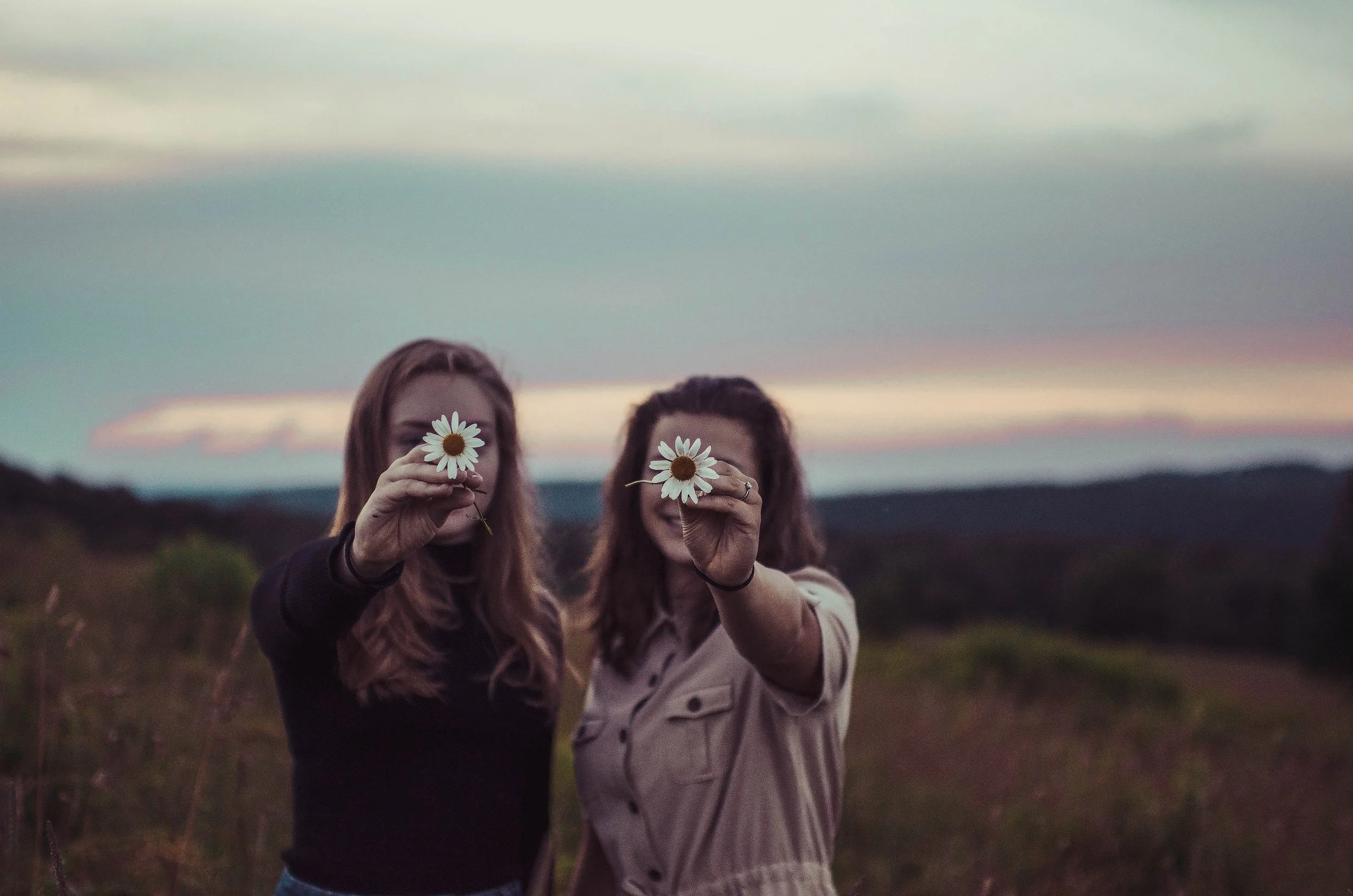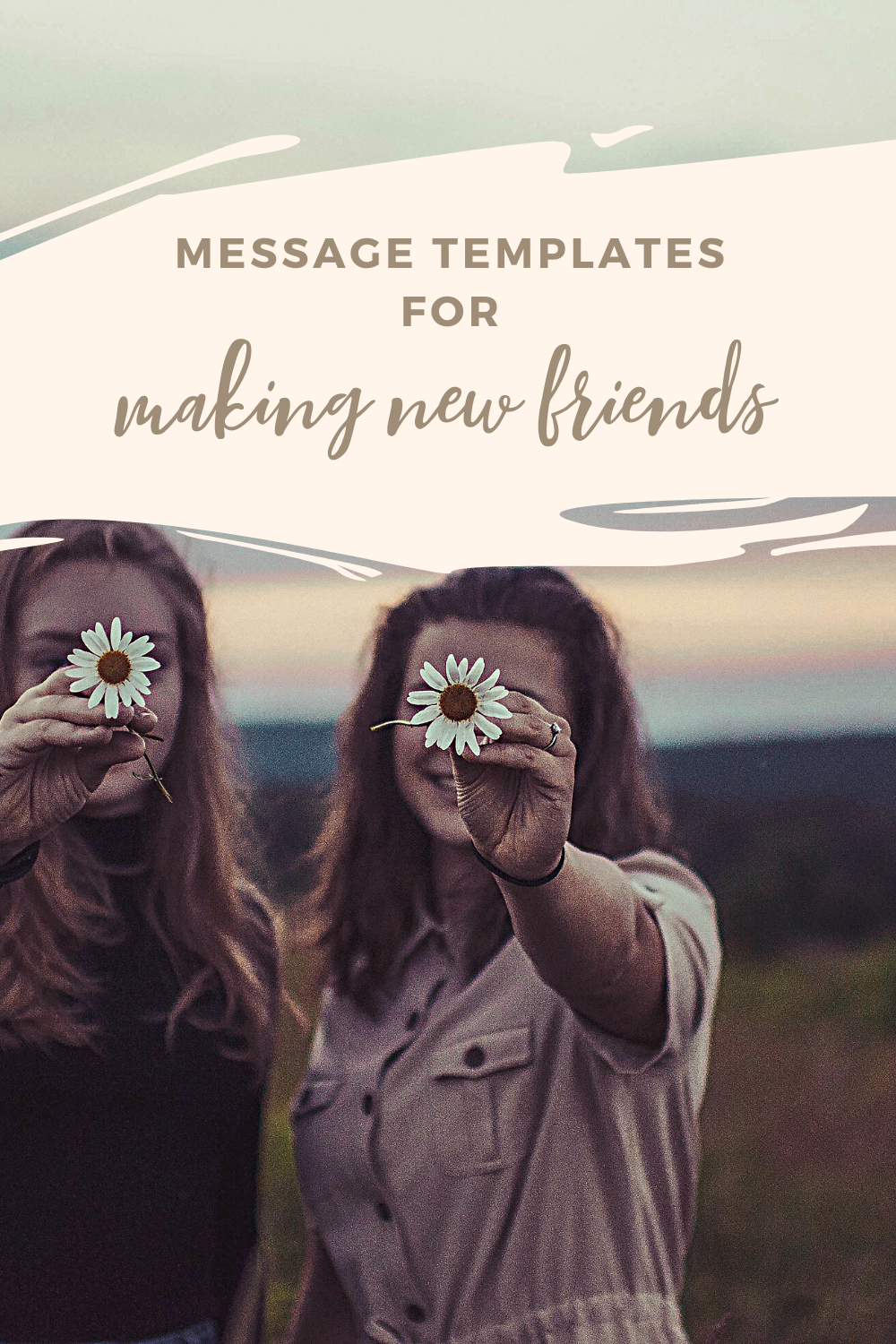Making friends as a grown up is so hard!
Why is it so hard?
I don't know.
Maybe it's easier when we're little because we're not so worried about what everyone thinks of us. And if we grow up living in the same place for most of our lives, we might not even have to worry about making new friends until we go away to college or something. We have the time to just let it happen "organically".
But here's the thing: forming strong human connections takes time, and it needs to start somewhere.
And if you haven't made new friends in a while, you might not remember how it starts.
But it works basically the same way it worked when you were 5:
One person goes up to the other person and says "hi! My name is ____. Would you like to play with me?"
Now, here's what's different.
We are not normally gathered in spaces set up for free play. So it might need to sound more like "would you like to go grab coffee?" or "would you like to go hiking with me this weekend?"
We now have more responsibilities so we may not be free to accept an invitation. try not to take it too personally if someone says no. Try again later, or try with a new prospective friend
But if you'd like to be better friends with someone, you have to start by asking them to play, hang out, etc. There's really no other magic pill.
I've always found it best to be very open and honest about this.
"Hi! I know we have only met a few times but I feel like we have a lot in common and I would really like to be friends. I have a workshop idea I'm thinking of proposing and I think you're supposed to work on it with me. Can we meet for coffee and I can tell you about my ideas?"
This is not the exact email, but it's (as far as I can remember) the email I wrote to a former colleague who is now one of my best friends.
"Hi! I know you've been busy and I've been busy but I miss you. I felt like we were starting to become real friends before I stopped working at ___ and now there's a pandemic and I never see you and I think that's a shame. I would love to keep becoming better friends with you! What is your schedule like? Can we meet up for coffee sometime soon?"
This is (basically) the Facebook message I sent to reconnect with a former coworker that I wanted to be friends with.
"Hi! I love chatting with you when we run into each other at the yoga studio, and I think we'd be great friends! Would you like to grab lunch sometimes and hang out on purpose?"
A text I sent to a yoga teacher I had a friend-crush on
Even though I felt vulnerable sending each and every one of these, I got great positive responses back. Some of them turned into strong, lifelong friendships, and some didn't. Some are still in progress. But the common thread in all of them is that I took the first step and each time the potential friend in question said something like "I'm so glad you asked! It's so awkward trying to make friends as an adult".
Yup.
It is.
So dive into that awkward!
You can use any of these messages as a template to send to your own Potential-New-Friend.
Let me know how it goes!!!
Pin this for later!














